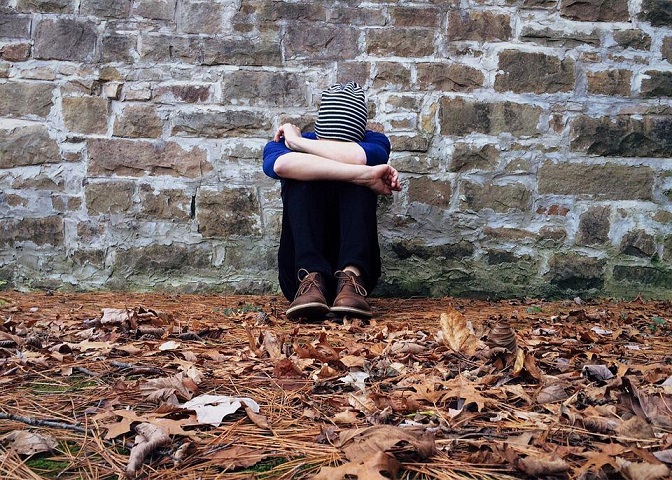The idea that people use people is quite common nowadays. It seems acceptable that we are seen or we see others as objects.
 Mabel Encinas
Mabel Encinas
This can be such an everyday idea that it may sound familiar that you can use your colleague to convince your boss or use your children to win a argument with your ex-partner.
The idea can be as final and fatal as to use poor people to fight for a country (converting them in cannon fodder).
Discrimination commonly leads to the conclusion that ‘others’, who are assumed to be, of course, not like ‘us’, can be used. Cheap migrant labour is used to ensure or increase profits in a world in which human resources (human things) are used to execute purposes and strategies decided by management and owners of the capital.
Management, in this perspective is assumed to have an advantaged situation to define the goals and strategies of an organisation.
 Also, owners of course have a more important say about what is good. Profit is the priority, while labour and workers are seen as useful things.
Also, owners of course have a more important say about what is good. Profit is the priority, while labour and workers are seen as useful things.
Using a human as a thing creates two kinds of people. The ‘objectifier’ is an individual or group that see others as things; the ‘objectified’, an individual or group considered as a thing.
‘Objectifiers’ impose their purposes to the purposes held by ‘objectified’ humans. This imposition denies self-determination in the person that is seen as a human-object, as a thing. In research, for example, it has been lengthily questioned that humans can be used as guinea pigs.
People that participate in research have the right to give an informed consent. It means, that they have the right to make a decision based on an understanding about what the project is about.
 Using people as a tool entails violence towards others (adult men or women, old people or children).
Using people as a tool entails violence towards others (adult men or women, old people or children).
Feminists have pointed out that tolerating the use of people, and in particular the use of women (as bodies) becomes a wild land where rape, prostitution and slavery have a place.
Using another human being constitute s a sterile land for humanity because when some of us are held down, all of humanity is held back.
Questioning objectification of humans certain educators (such as John Dewey or Paulo Freire) have also underlined the importance of active participation of individuals or groups.
They have challenged that certain voices are silenced. Respecting learner’s voices, people’s voices grounded in their experiences of life, in their beliefs, in their ways of participating in the world is fundamental for the construction of an inclusive future.
 The question about making another person (another group of people) an object is not only about what we (you and me, all of us) are, but also about what we all are becoming: objects.
The question about making another person (another group of people) an object is not only about what we (you and me, all of us) are, but also about what we all are becoming: objects.
Then, we can ask what we can do in order to make things better. It is not only about being active in the pursuit of social justice and equality.
We need to question to what extent we make a difference when we engage with others. If we use them as inanimate objects that we can control; if we do not respect their integrity as human beings; if we do not engage in dialogues with them with regards to our goals and their goals, it is difficult to imagine better futures.
Our intention to control ‘them’ will, sooner or later, turn into their rage.
(Photos: Pixabay)












.jpg)












